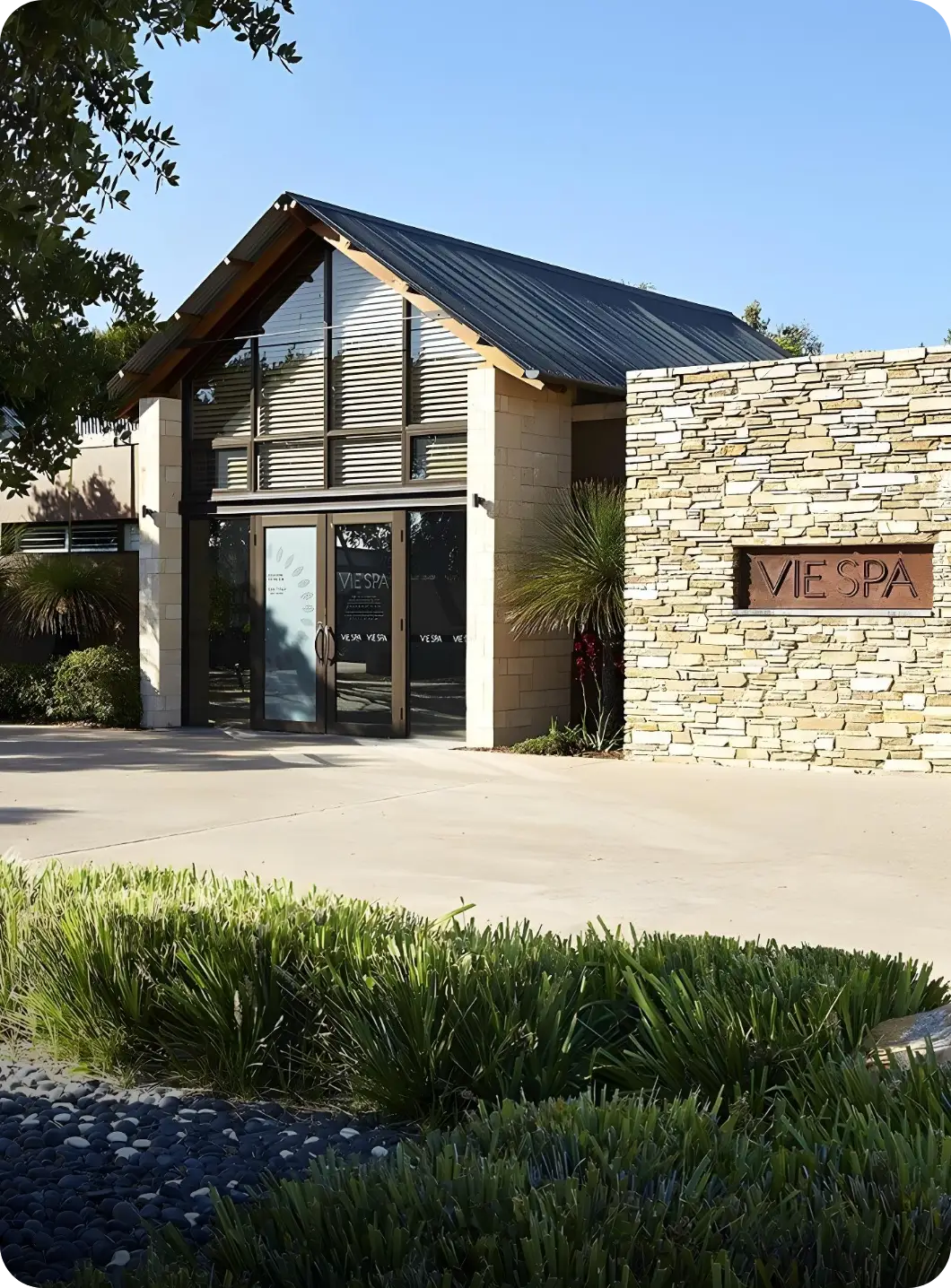Prudence Marzinotto
AEO for Hotels: The Key to Being Discovered and Booked in an AI-Driven World
In the ever-changing landscape of digital hospitality marketing, a new frontier is emerging—Answer Engine Optimisation (AEO). As AI search tools rapidly reshape how travellers discover and evaluate accommodations, hotels face a critical question:
How do we stay visible and relevant when travellers stop Googling and start asking?
For over a decade, hotels have relied on SEO (Search Engine Optimisation) to rank higher in traditional search engines. But the rise of AI search—through voice assistants, chat-based travel planning, and conversational web experiences—means travellers are no longer typing keywords into a search bar. They’re asking full questions and expecting direct, contextual answers.
“What are the best boutique hotels in Amsterdam with canal views and bike rentals?”
“Is there a beachfront hotel in Tulum that’s dog-friendly and has coworking space?”
These aren’t just queries—they’re intent-rich opportunities. And only hotels that are prepared with structured, machine-readable, and meaningful content will show up in these new types of results.
Welcome to the age of AEO.
What Is AEO (Answer Engine Optimisation)?
AEO is the process of structuring your hotel’s digital presence so that AI-powered tools—like chatbots, voice assistants, and conversational search platforms—can understand, recommend, and confidently include your property in response to a user’s question.
Unlike traditional SEO, which optimises for web pages and keywords, AEO optimises for answers.
In a world where travellers expect immediate, intelligent recommendations, your hotel needs to do more than “rank.” It needs to be the answer.
Why AEO Matters More Than Ever in Hospitality
Travelers are no longer interested in sifting through pages of blue links or scrolling endlessly through OTA listings. They want fast, personalised, and contextual responses—and AI search platforms deliver just that.
But here’s the catch: these tools don’t just “crawl” your website. They interpret and reason with your content. That’s why structure, clarity, and specificity matter more than ever.
Key reasons AEO is vital for hotels:
- AI discovery is growing: More travellers are using AI-based trip planning tools for hotel recommendations.
- Users ask questions, not just keywords: “Family-friendly hotel near Disneyland with free parking” is the new search norm.
- AI selects based on context: Only properties with well-structured, accessible, and detailed information are included in AI-generated results.
- Higher conversion potential: Guests who use AI search are often closer to booking—they want a tailored recommendation, not a browsing experience.
Why AEO Matters More Than Ever in Hospitality
| Feature | SEO (Traditional) | AEO (Answer Engine Optimisation) |
|---|---|---|
| Focus | Ranking in search engine results | Being selected as an authoritative answer |
| Target | Keywords and backlinks | Questions, structured data, context |
| Format | Web pages, metadata | Knowledge graphs, FAQ schemas, summaries |
| Behaviour Driven By | Click-through behaviour | Conversation intent, natural language |
| Optimisation Tools | Title tags, alt text, content length | Schema markup, FAQs, semantic clarity |
In short: SEO helps you show up. AEO helps you get chosen.
What This Means for Hotel Marketing: Is Your Hotel Ready for the AI Shift?
1. Turn Guest FAQs Into Indexed AI Answers
Extract the top 10 questions your front desk or reservation team gets and publish them in a clearly structured FAQ format.
Example:
A guest often asks: “Do you have late check-in options?”
Why it works:
This format allows AI assistants to directly pull and surface this answer in response to a user’s voice or chat query. You’ve now turned a guest service point into a discoverability edge.
2. Structure Experience Pages Like Knowledge Cards
What to do:
Instead of listing amenities in a bland bulleted list, structure entire pages around experiential search intent.
Example:
Rather than writing:
“We offer spa services, a fitness centre, and yoga.”
Try:
“Wellness-Focused Stay in Bali”
“Guests can enjoy sunrise yoga with sea views, organic massage therapies, and our wellness bar featuring Ayurvedic smoothies. Our holistic health offerings are curated for travellers seeking rest, detox, or a digital break.”
Why it works:
This turns your spa into a featured experience, and that’s exactly what AI engines seek when matching users asking, “Where can I stay in Bali with a yoga retreat and healthy meals?”
3. Repurpose Review Sentiment Into Optimised Summaries
What to do:
Mine your guest reviews (from Google, Booking.com, etc.) to extract sentiment-based microcontent, then feed that into your AI-visible content.
Example:
If multiple reviews mention “amazing rooftop views,” add to your page:
“Guests consistently praise our rooftop for its panoramic views of the city skyline—perfect for sunset cocktails.”
Why it works:
AI engines love socially validated insights—they rank and recommend based on sentiment-backed information, not just self-promotional copy.
4. Build ‘Question Journeys’ Instead of Feature Pages
What to do:
Map the questions a guest might ask at every booking stage—then build mini-landing pages or blog entries to address those.
| Feature | Example Guest Question | AEO Page Concept |
|---|---|---|
| Inspiration | “What’s the best place to stay in the Dolomites for hiking?” | “Our Guide to Hiking-Friendly Stays in the Dolomites” |
| Planning | “Does your hotel offer luggage storage before check-in?” | “Early Arrival? Here’s What You Can Do Before Check-In” |
| Booking | Can I get a discount for booking 3+ nights?” | “Save More When You Stay Longer: Our Multi-Night Offers” |
Why it works:
You’re creating content built around real user language, which boosts both AI discoverability and conversion.
5. Measure What AI Already Says About You—Then Take Back Control
What to do:
It’s no longer enough to rank well—you need to understand how AI tools are already representing your hotel. Often, conversational AI pulls quick answers (like check-in times or amenities) directly from unverified third-party sources or outdated listings.
Example:
If travellers are asking, “What’s the check-in time at [Hotel Name]?”—don’t just state the number.
“Check-in starts at 3PM. Arriving early? Enjoy our riverside café or leave your bags with us while we get your room ready.”
Partnering with HyperHotels:
With HyperHotels’ AI-Ready Hotel Audit, we scan your existing digital presence—your website, third-party listings, and how AI platforms currently “describe” your property. Then, we deliver a tailored solution to optimise and your hotel becomes the definitive answer for high-intent guest queries ongoing. Our team handles the optimisation—so you can focus on what you do best: delivering great guest experiences.
AEO Is a Daily Practice, Not a One-Time Task
Most hotels think of SEO and content as something you “set and forget.” But AEO is iterative. It evolves with the questions your guests ask, the tools they use, and the way information is interpreted.
AEO Is the New Digital Front Door
In the past, your homepage or OTA profile was the front door to your hotel. Today, the journey begins with a question—and your ability to be the answer determines your visibility.
AEO is not a trend. It’s the future of hospitality discoverability.
It rewards the hotels that:
- Know their audience.
- Structure their content.
- Highlight their unique value.
- Optimise not just for visibility, but for clarity and context.
Final Thoughts
The hospitality industry thrives on connection, storytelling, and trust. AEO is simply the digital evolution of those same principles—structured in a way that machines can understand, and travellers can act on.
Hotels that embrace AEO early will have a distinct competitive edge in the years to come. The travellers are already asking. The only question is—will your hotel be the answer?
Need support making your hotel AEO-ready?
HyperHotels can help you audit your site and create a targeted plan to be AI ready.

Prudence Marzinotto
Digital Marketing Manager

Transforming Vie Spa Bunker Bay
Relax, Recharge,
& REVENUE.
+$244,296
Additional direct revenue, first 12-months.
“We’ve increased our revenue dramatically, with a noticeable uplift from the wider Auckland market. The HyperHotels team are great to work with – highly collaborative and results-driven.”

REBECCA DAWSON
Spa Manager
Sofitel Auckland Viaduct Harbour